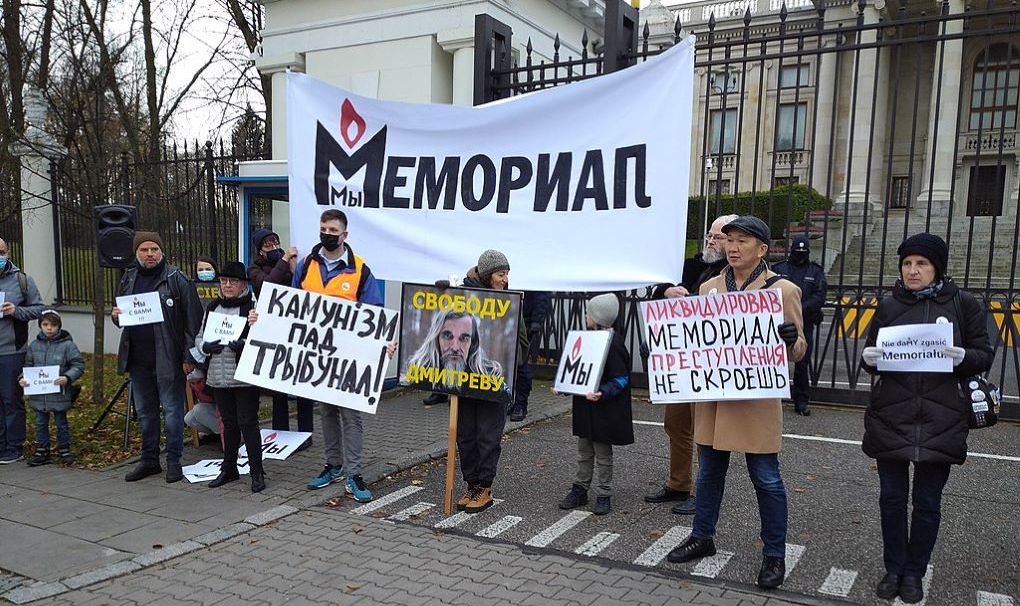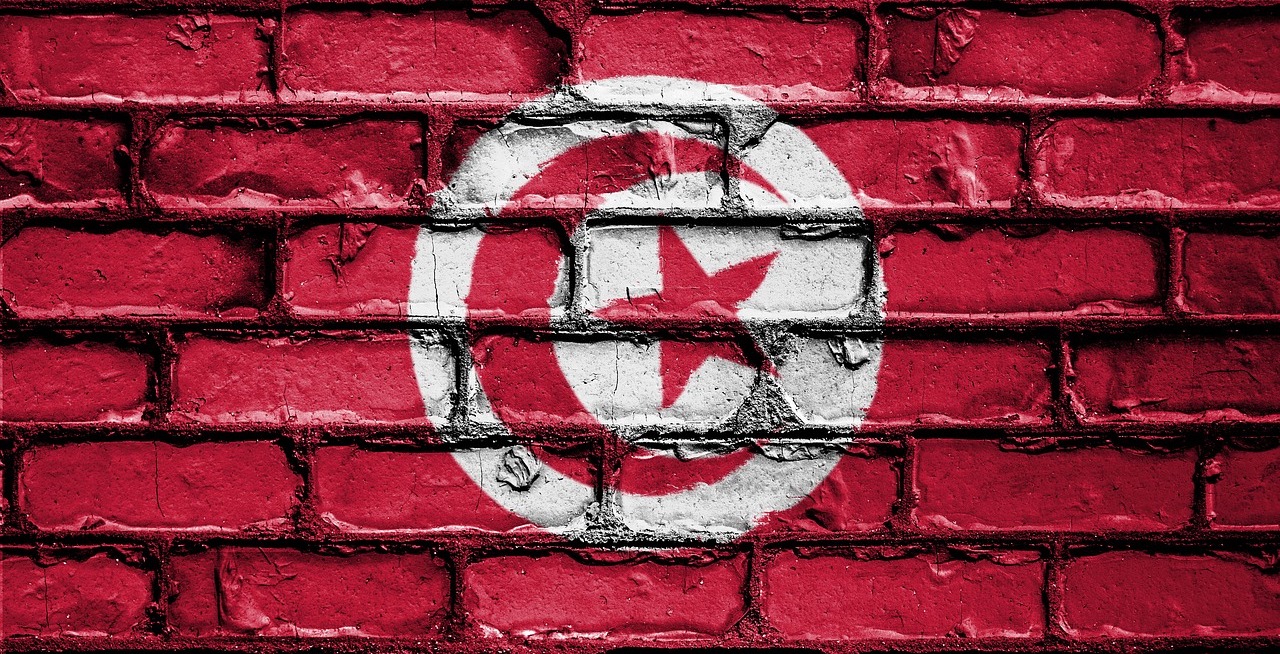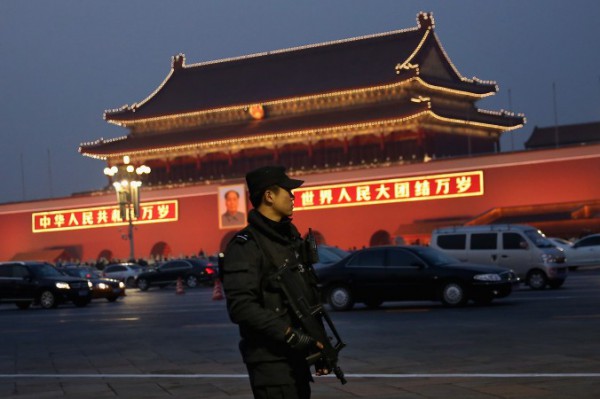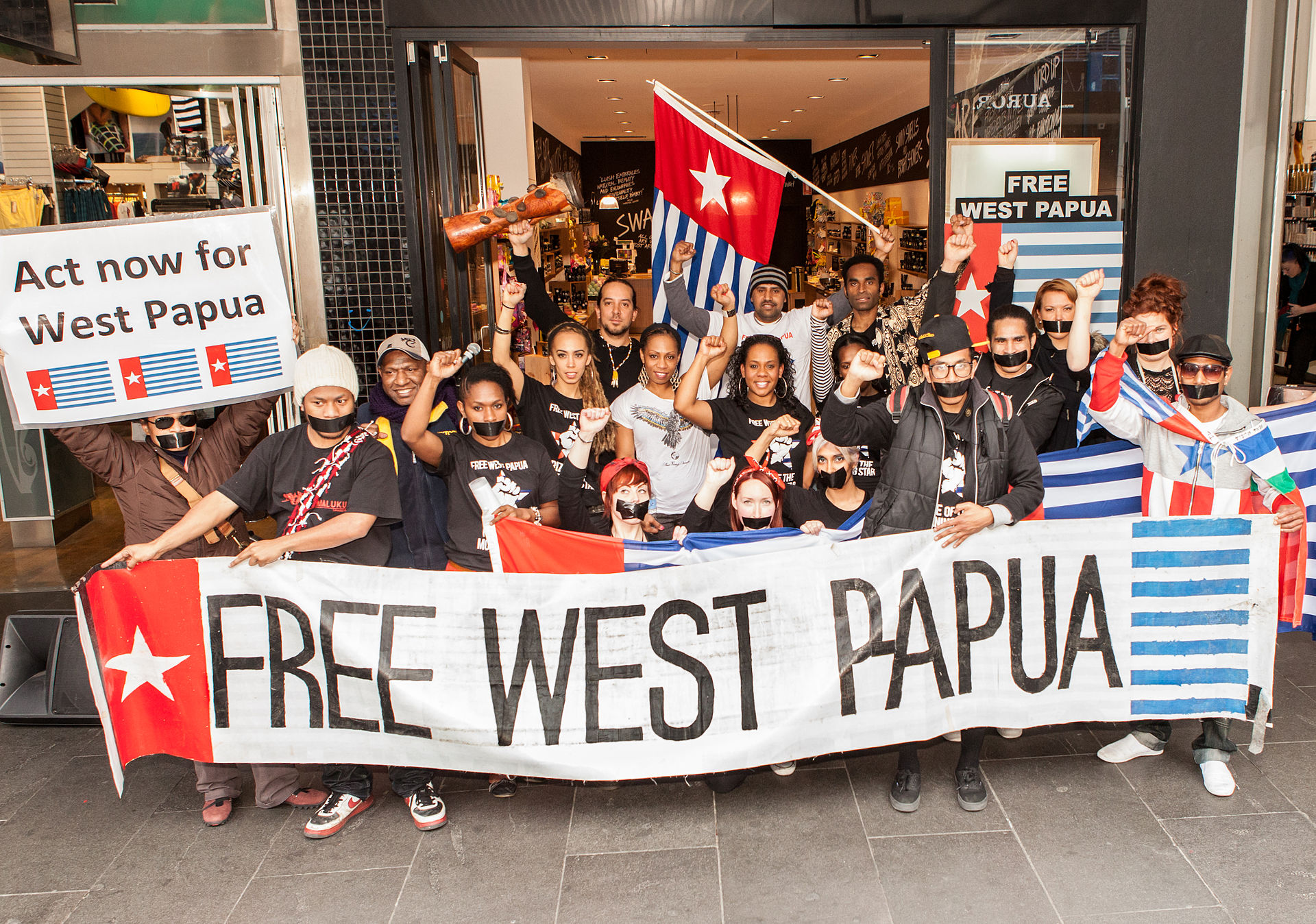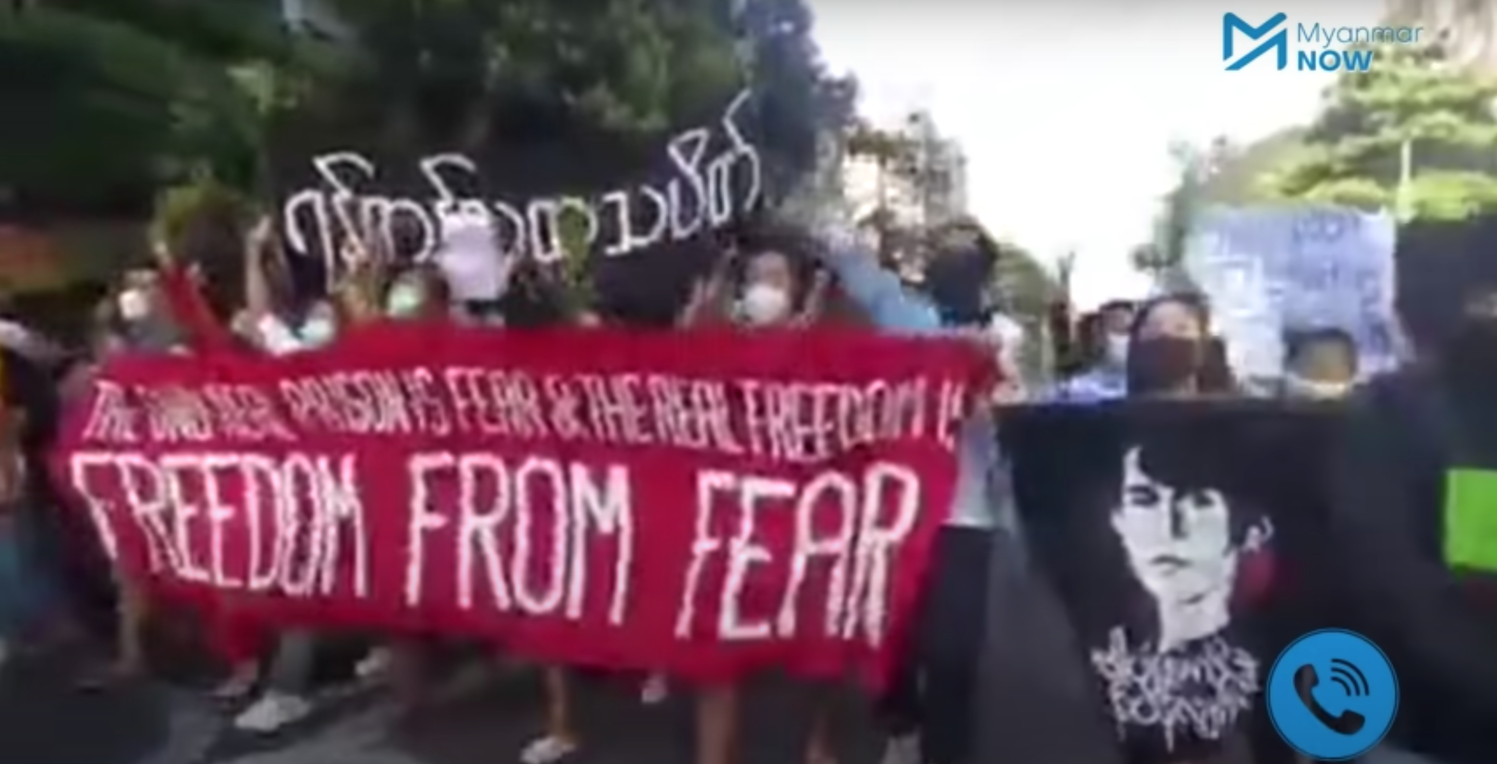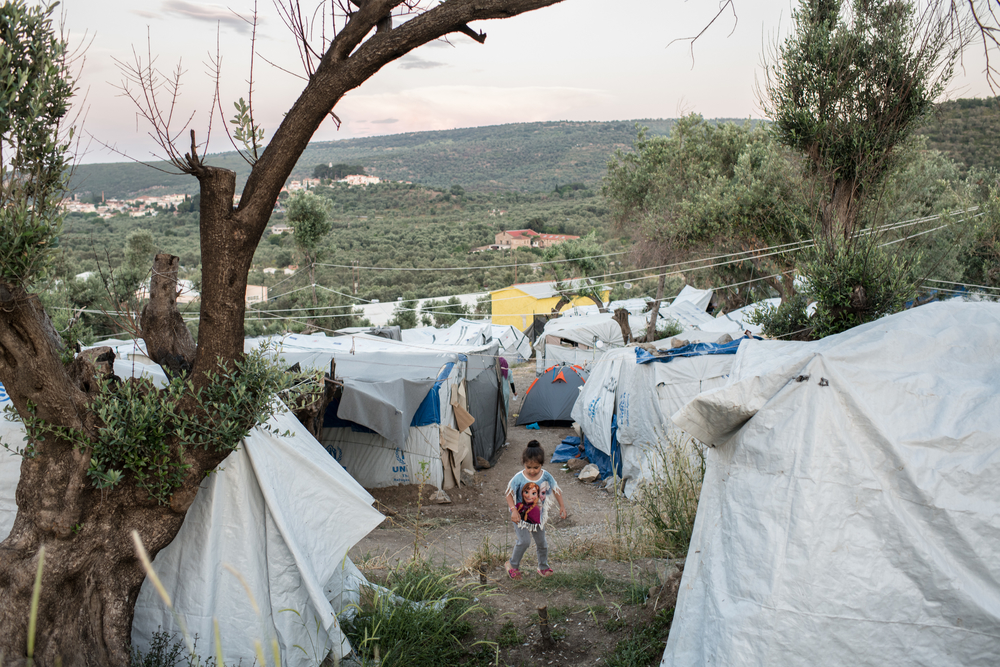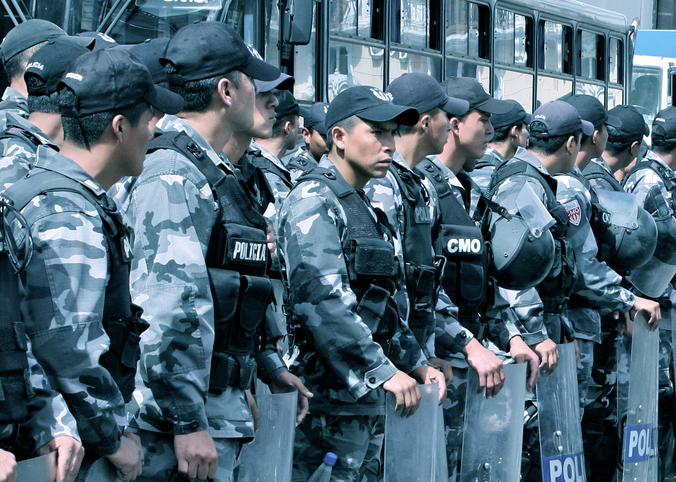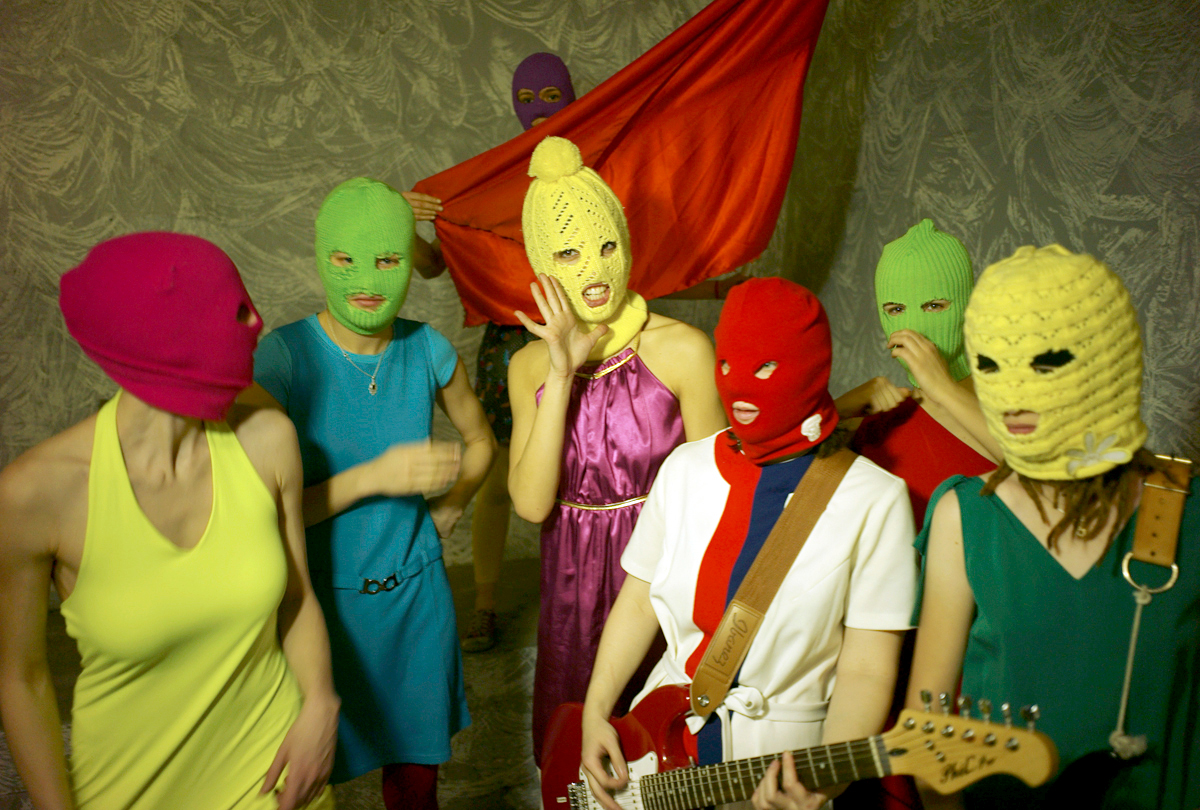
Russia designates Pussy Riot members ‘foreign agents’
In the latest escalation of its crackdown on opposition, Russia designated a disparate group of activists, satirists, and others as “foreign agents.” A statement released by the Ministry of Justice listed the high-profile figures as designated “foreign agents,” a controversial term with Cold War-era implications of espionage that carries burdensome reporting responsibilities and exposes designees to hefty fines. Among those named were Nadezhda Tolokonnikova and Veronika Nikulshina of the activist group Pussy Riot. (Photo: Wikipedia)



